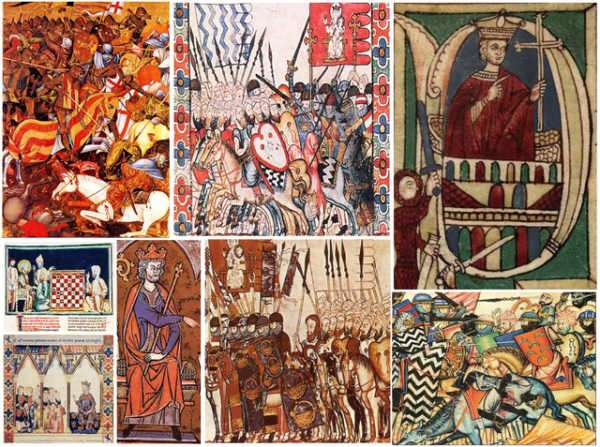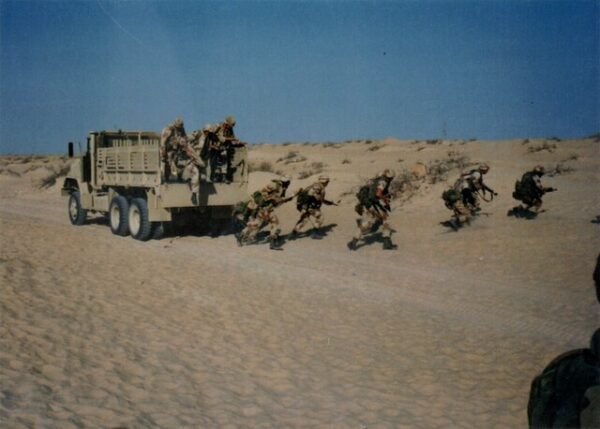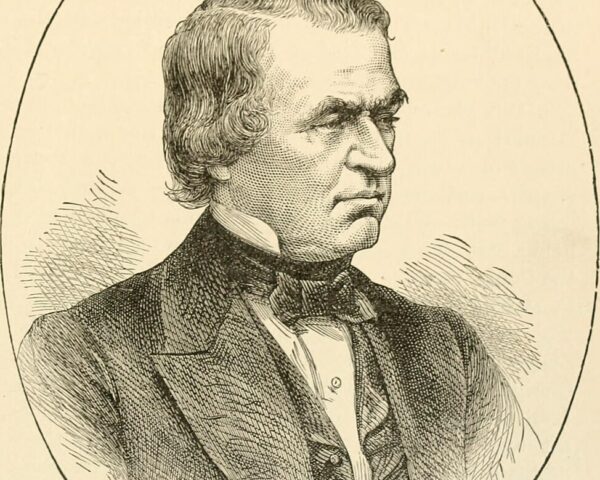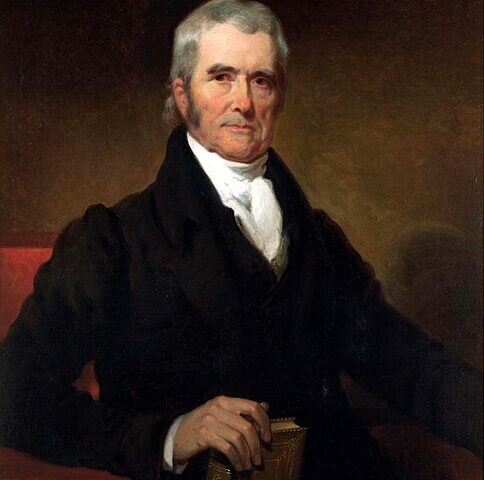On June 23, 1280—amid the smoldering tension of Iberia’s long spiritual war—a Castilian host rode into the mountains west of Granada, bearing the cross upon their banners and the weight of Christendom on their shoulders. These were not mere soldiers of a temporal crown. They were knights and warriors of the Reconquista, vassals not only of King Alfonso X of Castile, but of the divine imperative to reclaim the Peninsula from Moorish dominion and restore Christian unity to lands long held captive by Islam. Their cause, like the Crusaders of the East, was cast in the language of redemption and sanctified blood.
Commanded by Infante Sancho—the future Sancho IV—and accompanied by the venerable Order of Santiago, the army moved with the confidence of righteousness, seeking to strike a blow against the Nasrid stronghold of Moclín. The town, perched on a crag overlooking the frontier, symbolized the lingering defiance of al-Andalus. Yet the Christians, buoyed by recent forays and trusting in the apparent retreat of the enemy, pursued what seemed a fleeing foe into narrow terrain near the Sierra de la Alcazaba. There, amidst olive trees and dust-laden trails, they met not a routed adversary, but a carefully laid snare.
Muhammad II of Granada, a prince schooled in subterfuge and delay, orchestrated the ambush with cold precision. Disguising strength as weakness, he drew the Castilians into a mountain pass and sprung his trap from above. Arrows fell like hail. Cavalry struck from hidden ravines. The men of Castile, boxed in by the geography of their homeland and the guile of their enemy, found themselves as sheep among wolves. There was no time for formation, no ground for retreat, no margin for mercy.
The slaughter was terrible. The Order of Santiago—those warrior-monks consecrated to Saint James, protector of Spain—suffered grievously. Their grand master, Gonzalo Ruiz Girón, fell in battle, struck down not merely as a soldier but as a martyr in the holy war for Christian reconquest. Many others perished with him, their last breaths given not in despair, but in hope—their souls, we may trust, commended to God in the shadow of the sword. Of the thousands who had marched with Sancho, scarcely a third survived. The infante himself, bruised but unbowed, fled toward Jaén, a chastened son returning to a realm wounded in flesh but not in faith.
For Alfonso X, already mired in internal strife and papal suspicion, the disaster at Moclín seemed one more sign of divine chastisement. Yet even in defeat, Providence instructs. What the enemy meant for humiliation, heaven often employs for refinement. The decimation of the Order of Santiago, though a tragedy in earthly terms, would galvanize the Church and the crown to rebuild with greater resolve. From the ashes of that rout rose a more tempered Sancho—a prince no longer buoyed by youthful overconfidence, but forged in the crucible of loss, capable of leading not only armies but a kingdom in spiritual and political tumult.
And the Moors? Though they reveled in their cunning, their brief triumph at Moclín could not forestall the greater tide. Granada, though spared in that hour, remained a shrinking bastion of Islamic rule, increasingly hemmed in by the long march of Christian arms and the prayers of a people who had not forgotten Santiago’s cry at Clavijo: “¡Dios ayuda a los suyos!”
So let the record show: though Castile bled at Moclín, her wound was not unto death. The blood spilled that day—especially the blood of those knightly saints—was the seed of a deeper awakening, a sharpening of sword and spirit. The Reconquista would continue, and with it, the long, grim, glorious redemption of a Christian land.






